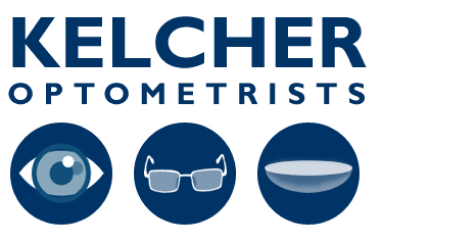Myopia
Also known as short-sightedness or near-sightedness, myopia is when objects in the distance appear blurred or unfocused. It is thought to affect as many as one in 3 people in the UK, with numbers rising. A growing number of children are affected by myopia, with diagnosis increasingly common in children as young as 6 years old.
Signs of myopia
There are certain signs you can look out for that could mean that you or your child have myopia. The main one is having difficulty reading words at a distance, such as on a whiteboard at school, or on road signs. You may also notice needing to sit closer to the TV or hold your phone, book or tablet closer to your face to read. Headaches and rubbing your eyes can be signs of eye strain, another symptom that can indicate myopia.
For younger children, it can be harder to recognise myopia as they can’t recognise or explain that there is a problem. Look out for signs such as squinting or blinking excessively, rubbing their eyes, and sitting close to the TV.
Causes of myopia
Myopia is caused by the eyeball, or the cornea at the front of the eye being misshapen, meaning that the light lands just in front of the retina instead of directly on it.
You are more likely to develop myopia if one or both parents are myopic and the risk for children is 7 times greater if both parents are shortsighted.
Treatment for myopia
While being shortsighted might not seem like a big deal, it is important to treat it by wearing glasses or contact lenses. Left untreated, myopia can progress and become worse, which can lead to other complications in later life. Severe short-sightedness, known as high myopia, can increase the risk of eye conditions such as glaucoma, cataracts and retinal detachment.
There are now special lenses available that can slow the progression of myopia in children.
We also advise spending plenty of time outdoors. Research shows that, for children, spending time playing outside can help reduce the risk of the development of myopia and slow its progression. Of course, it is also necessary to protect their eyes from UV rays.
Book an eye exam
If you or a family member experience any of the symptoms we’ve talked about, we encourage you to book an eye exam. You can do this by requesting an appointment online.
